Apple was in danger of having to show up in court on May 27 if it didn't respond satisfactorily to a show cause order by Wednesday, but neither is no longer necessary.
After two Fortnite App Store submissions were seemingly ghosted by Apple, Judge Yvonne Gonzalez ordered Apple to show cause by May 21. After that, Apple wasted little time in getting the game approved and back on the US App Store.
A joint filing shared with ����Vlog by Epic shows the two companies had resolved all issues related to the show cause order. The filing means Apple will no longer need to submit anything, nor will it have to appear in court on May 27.
The entire document reads simply:
Pursuant to the Court's Order to Show Cause entered on May 19, 2025 (Dkt. 1576), the parties (Epic Games, Inc. and Apple Inc.) jointly submit that they have resolved all issues presented by the Motion to Enforce filed on May 16, 2025 (Dkt. 1568) and that no further submissions by the parties or action by the Court are required with respect to that Motion.
It's tough to say what will happen next. Epic CEO Tim Sweeney seems happy leaving things as is, for now, even though he didn't get everything he wanted from the whole ordeal. Ultimately, there could still be future litigation about Apple's role with the App Store and arguments made about why Epic should be allowed to run its own store on iPhone.
Fortnite itself is back and running as expected, as it isn't the most intensive game, graphically speaking. Epic gets to make money with external linking options in the app, while Apple gets to benefit from one of the most popular games in the world running on iPhone and iPad.
However, Apple wouldn't exactly call this a win-win. The company will appeal and fight for its right to collect some kind of commission on all digital sales and in-game currencies until the courts tell them to stop.
Time will tell if Epic's $1 billion legal battle was worth all of the time and effort. While some developers can link out, customers could stick with in-app purchase anyway since it is a known entity tied to their payment method.
The outcome will force Apple to compete directly with alternative payment systems and better incentivize customers and developers to use IAP. Forget Epic and Apple for the moment — the real winners are the users that get more choice and the ability to play a game they enjoy on Apple platforms.
 Wesley Hilliard
Wesley Hilliard



-m.jpg)

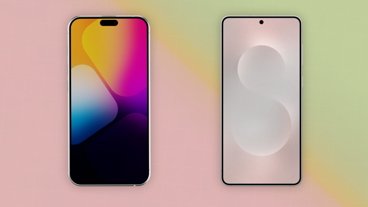


 Malcolm Owen
Malcolm Owen
 William Gallagher
William Gallagher
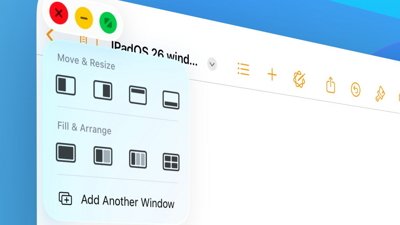

 Brian Patterson
Brian Patterson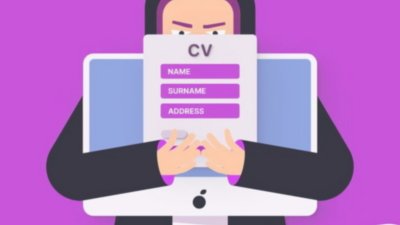
 Sponsored Content
Sponsored Content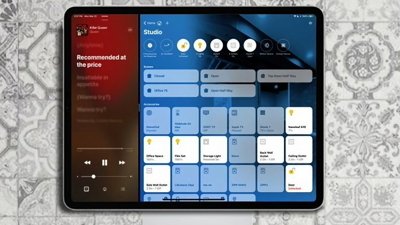
 Charles Martin
Charles Martin
 Stephen Silver
Stephen Silver
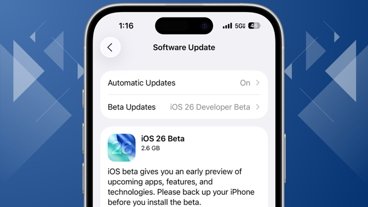
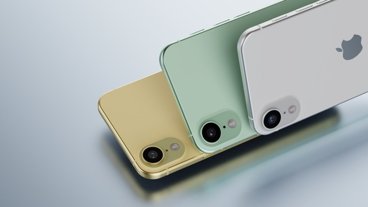







5 Comments
I’ve asked this before, but nobody seems to answer. I need someone to tell me why Apple legally (or doesn’t legally) has to host everyone on Apple’s App Store. Can’t Apple decide it doesn’t want to host an app like Fortnite. It’s Apple App Store after all. So can Apple decode it doesn’t want to offer Fortnite ?
I’m not sure but if I had to make a very wild guess it would be that one of the original findings of the court was that Apple could ban apps that didn’t meet its rules but now since the court has forced Apple to change one of its rules technically Minecraft is in compliance. For some reason I thought Apple said at the time of the original ruling that once Epic followed the rules it would put the app back on. But like I said i’m just making a wild guess and haven’t really followed the case closely. You would have to read all the court documents maybe to sort it out. My guess is some lawyer with a youtube channel might make a video explaining it.